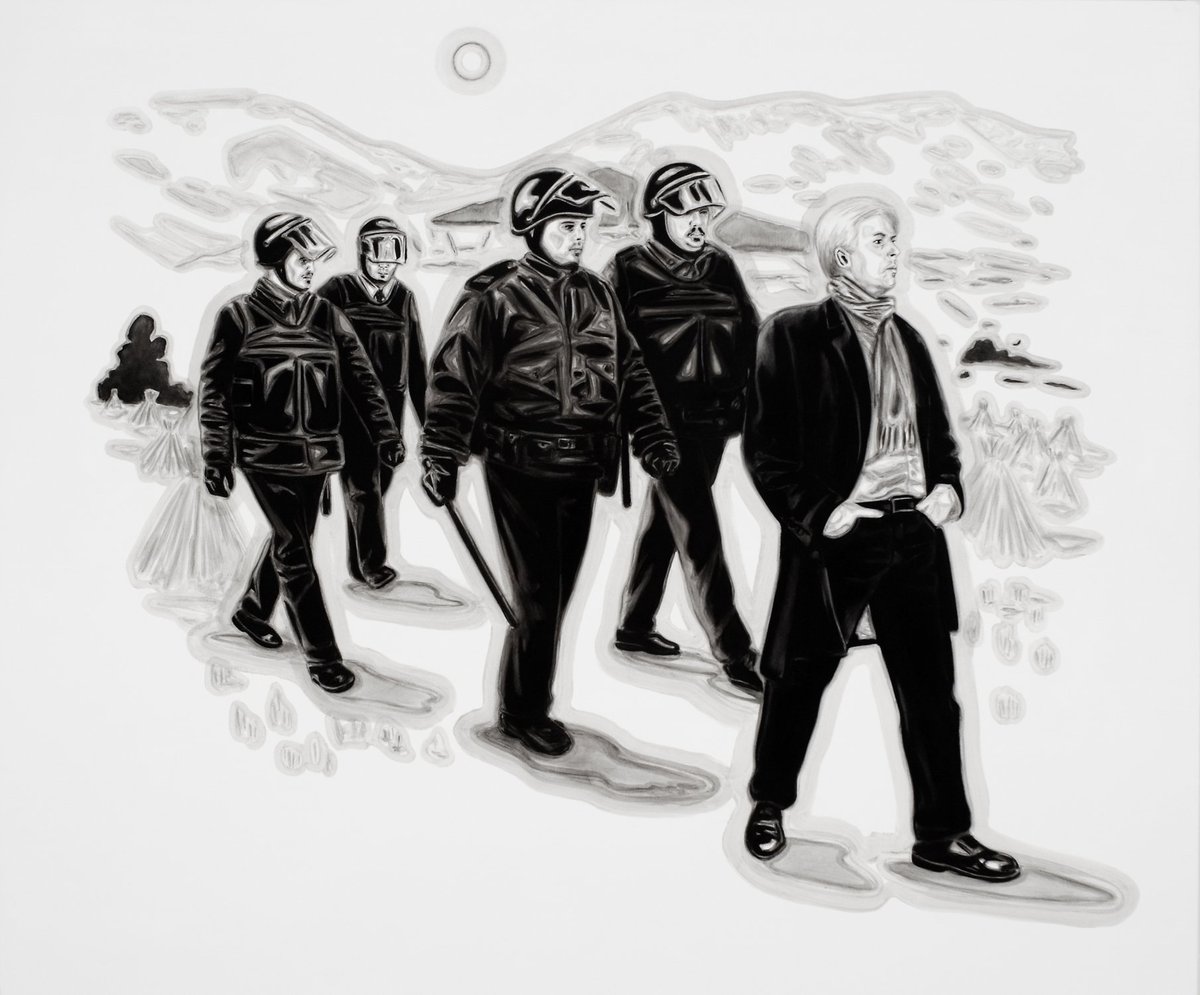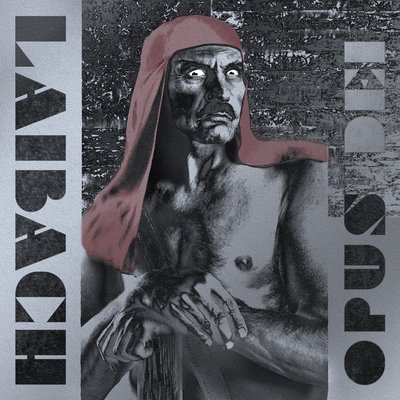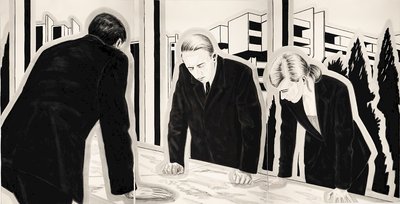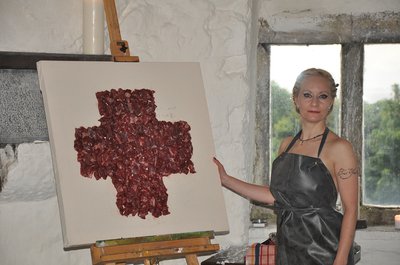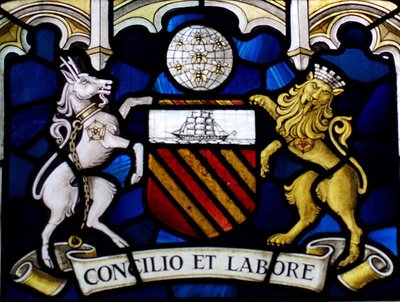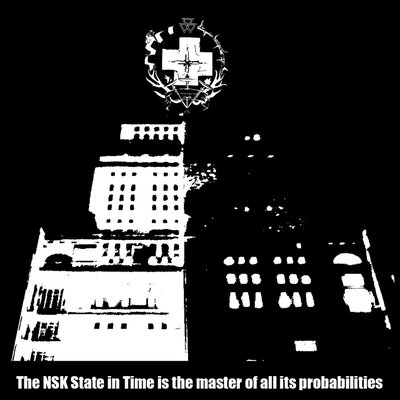Walking with the enemy: Affirmation as subversion in the (post)socialist, postmodern, and post-truth eras
An online symposium addressed to all artists who follow art practices that have embraced mimicry rather than opposition as a subversive political strategy.
In 1982, the Slovenian avant-garde music group Laibach declared “All art is subject to political manipulation… except for that which speaks the language of this same manipulation.” Accused of being “enemies of the people” for appropriating imagery and rhetoric of contrasting totalitarian regimes, Laibach was censored and banned in Slovenia (then part of socialist Yugoslavia). But their work became emblematic of a new mode of political engagement. In the years that have followed, artists and activists as varied as Franco & Eva Mattes, Nikhil Chopra, Santiago Sierra, The Yes Men and numerous others have echoed the group’s tactics of performing in character and freely mixing totalitarian, nationalist, militarist, and corporate symbols. Described as “radically ambiguous” for the audacious mixture, this aesthetic has mostly been adapted by countercultural artists and activists opposing the dominant status quo or ideology. But in recent years this approach has been taken up by groups advancing far right, Nazi, and neo-nationalist ideas, too. The tactic of rejecting political manipulation by reclaiming its language seems particularly evocative in the post-truth era, just as it was in the times of late socialism.
This symposium attempts to address art practices that have embraced mimicry rather than opposition as a subversive political strategy. Going by the names of “overidentification,” “subversive affirmation,” or “exacerbated mimesis,” this tactic appropriates both the spectacle and stereotypes of socio-political power and by doing so exposes its animus, contradictions, and will to power. These modes of artistic engagement have strong associations with the ideological regimes of late socialism, but this kind of “walking with the enemy” has become one of the key artistic responses (both a symptom and counter-offensive) to our own era of ideological confusion and authoritarian resurgence.
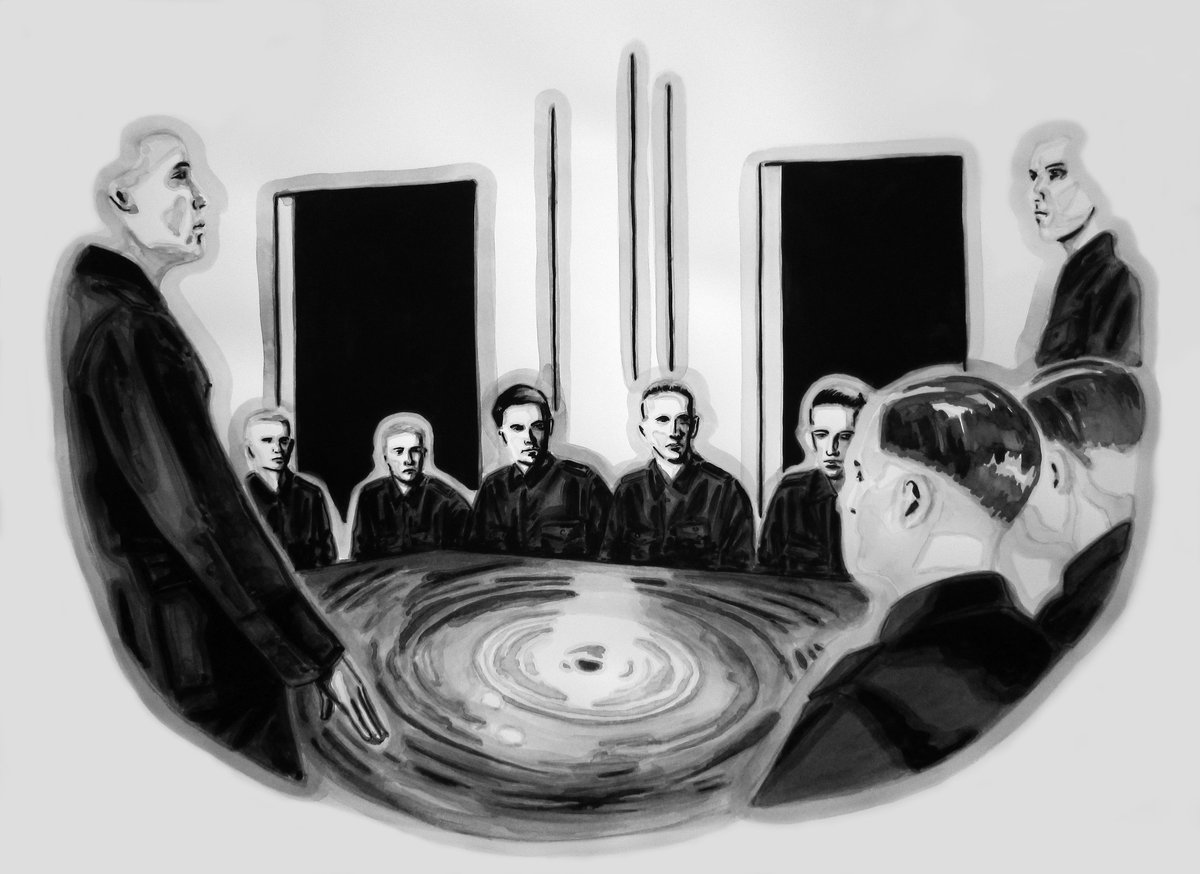
 Conor McGrady, Boundary Commission
Conor McGrady, Boundary Commission
PART I
Welcome. Subversive Affirmation: Historical and Critical Perspectives (5-10 min)
Maia Toteva, Texas Tech University, United States
Introduction. Revisionist Histories (5-10 min)
Gediminas Gasparavičius, University of Akron, United States
The Second NSK Folk Art Biennale: A Case Study in Subversive Affirmation (20-25 min)
Conor McGrady, Burren College of Art, Ireland
A Spectre is Haunting Spectre: Laibach, the Right and the Spectre of Ultra-Identification (20-25 min)
Alexei Monroe, Burren College of Art, Ireland
Discussion (20 min)
Break (15 min)
PART II
Introduction. Disseminations and (Mis)Interpretations (5-10 min)
Tom Williams, Belmont University, United States
Over-Identification and Race in Contemporary South African Political Art and Culture (20-25 min)
Matthias Pauwels, North-West University, South Africa
Hypermimesis, Unsettling Mimesis and Non-Cathartic Subversion in Post-Digital Peripheries: Reflections on the 6th Athens Biennale (20-25 min)
Kostis Stafylakis, VizLaboratory for Visual Culture, Greece
Discussion (20 min)
